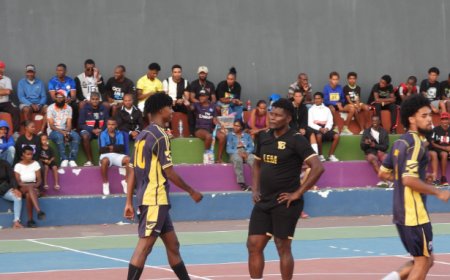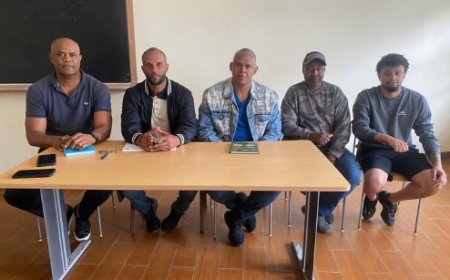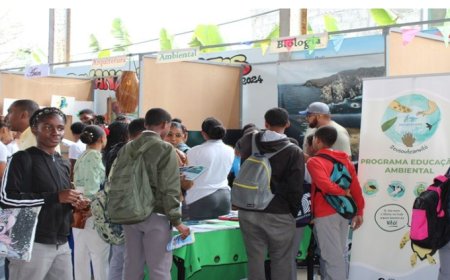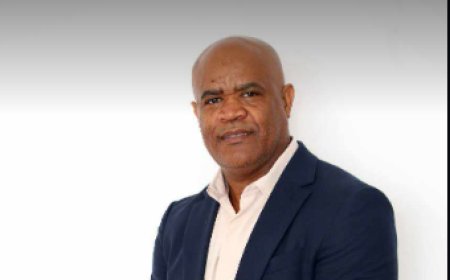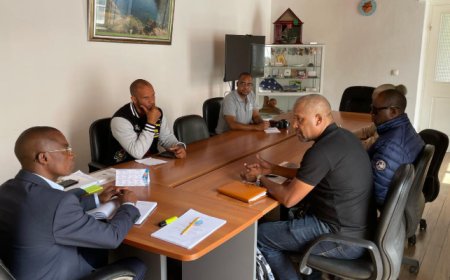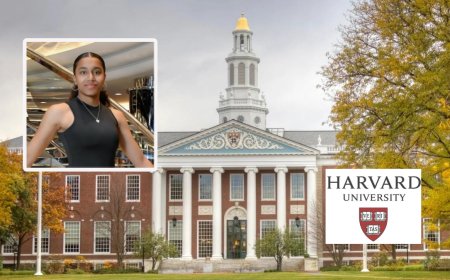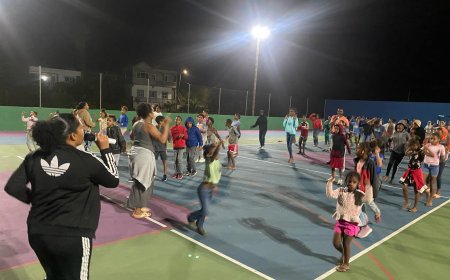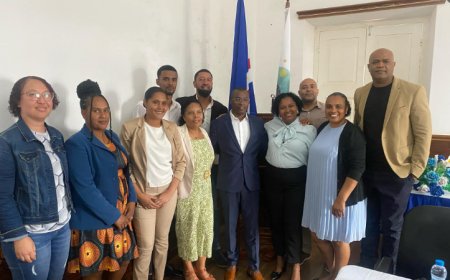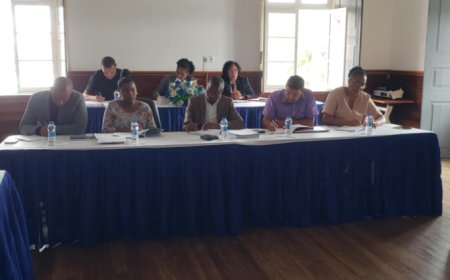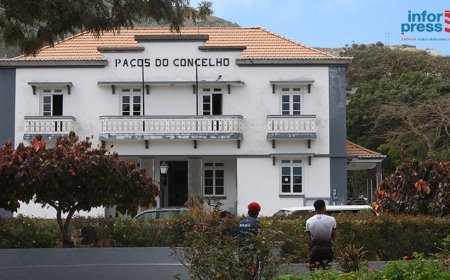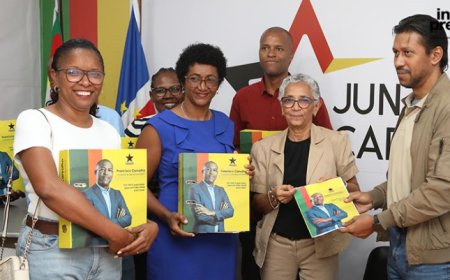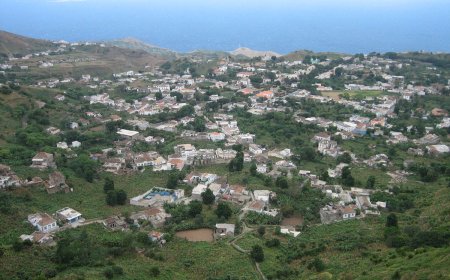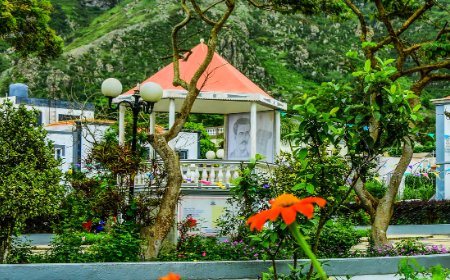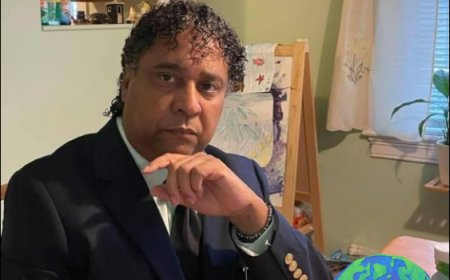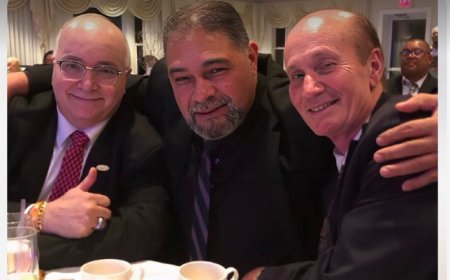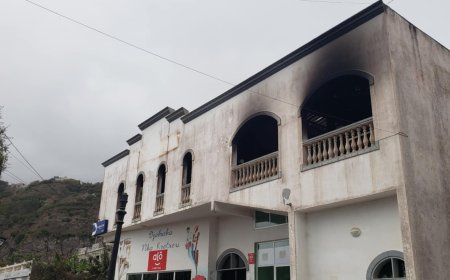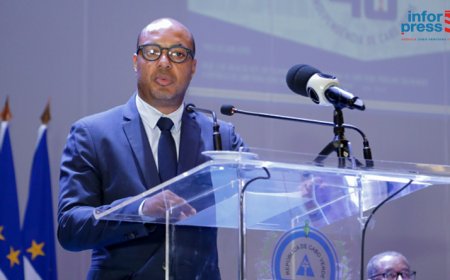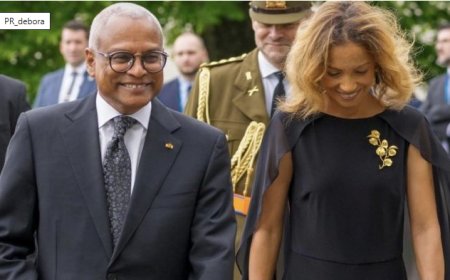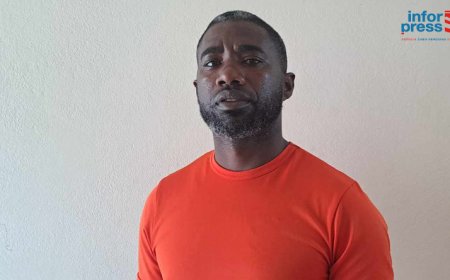José Maria Neves supports holding the referendum in Western Sahara so that the people decide their destiny
The President of the Republic, José Maria Neves, today declared his support for holding a referendum in Western Sahara so that the people of that region can decide on their future and destiny.
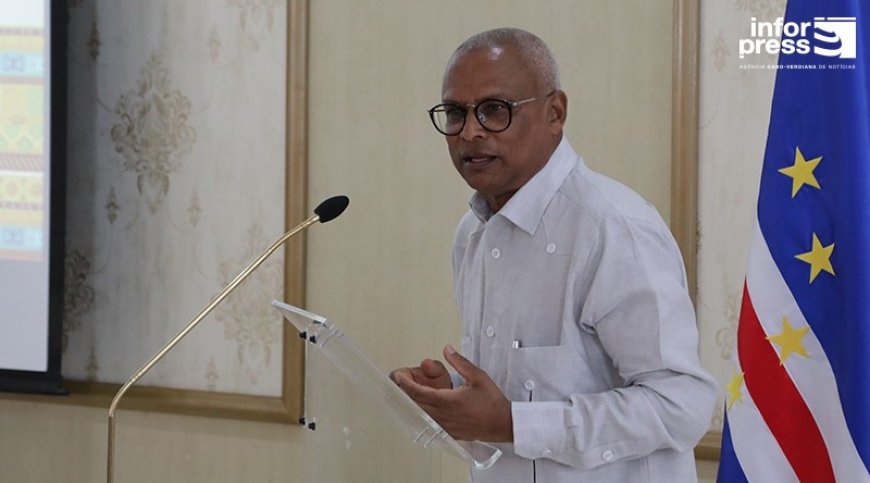
The President of the Republic, José Maria Neves, today declared his support for holding a referendum in Western Sahara so that the people of that region can decide on their future and destiny.
José Maria Neves, who was speaking at the opening of the round table held today at the Presidency of the Republic, marking the beginning of the celebrations of Africa Day, which is celebrated on May 25, pointed out the conflict in Western Sahara as one of the issues of Africa that are yet to be resolved.
The Cape Verdean head of state clarified that Western Sahara, a former Spanish colony, had proclaimed its independence in 1979 and that it is a member of the African Union, but that given the conflicts a special mission of the United Nations decided to hold a referendum to to determine the option of the Saharawi people.
In this context, he added that respecting international law and the charter of the United Nations, Cape Verde, which had recognized the independence of the Saharawi Arab Democratic Republic (SADR), froze this recognition, respecting the guidelines of the United Nations to wait for the realization of the referendum.
“We hope that this referendum can take place so that this conflict that still exists in Maghreb Africa can effectively be resolved for the good of the people. It is good to give the Saharawi people the floor within the framework of the United Nations system, respecting international law so that the people decide on their future, decide their destiny”, he maintained.
Western Sahara is a territory in Northern Africa, bordered to the north by Morocco, to the east by Algeria, to the east and south by Mauritania and to the west by the Atlantic Ocean, where it forms a maritime border with the Spanish autonomous region of the Canary Islands.
Since a United Nations-sponsored ceasefire agreement in 1991, two-thirds of the territory (including most of the Atlantic coast) has been administered by the Moroccan government, with tacit support from France and the United States. The rest of the territory is administered by SADR, supported by Algeria.
The two regions are separated by the Sahara Wall. Internationally, most countries have taken a generally ambiguous and neutral position on each side's claims and are pressing both parties to agree on a peaceful resolution.
Morocco and SADR have sought to boost their claims by accumulating formal recognition, especially from African, Asian and Latin American countries in the developing world. The Polisario Front gained formal recognition for SADR from 46 states and membership in the African Union was extended. Morocco gained support for its domination from several African governments and most of the Muslim world and the Arab League.
In both cases, recognitions have been, in the last two decades, extended and withdrawn from one side to the other, depending on the development of relations with Morocco.
On his last visit to Morocco in May, the Prime Minister, Ulisses Correia e Silva, recognized Moroccan “territorial integrity”, including Western Sahara, a position that was criticized by the opposition.
According to the president of the PAICV, Rui Semedo, in addition to representing a profound change in Cape Verde's foreign policy, the Government puts the positions adopted by the General Assembly of the United Nations and the Constitution of Cape Verde in "crisis".





